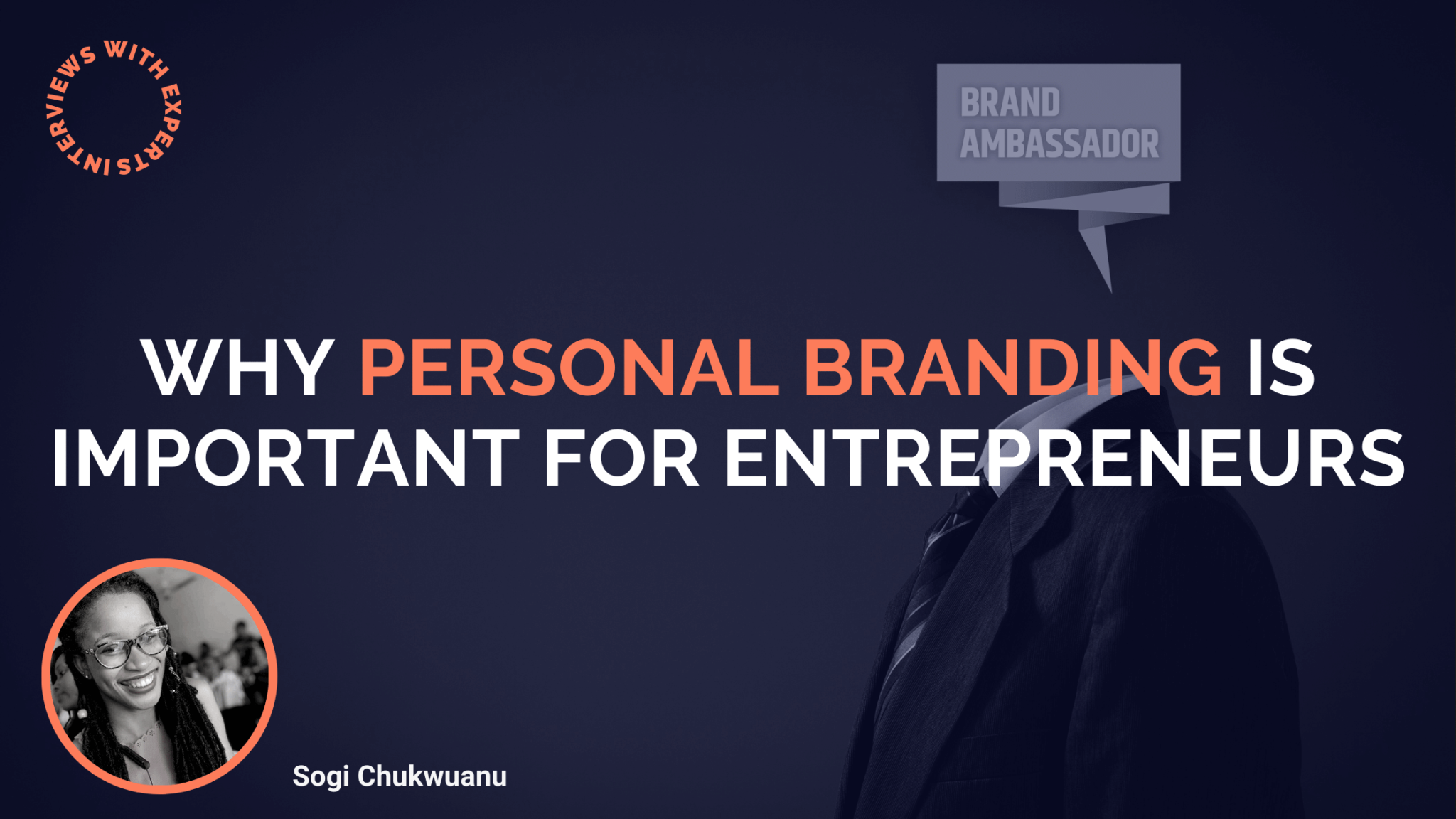Influence: The Significance of Personal Brand Creation
In today's accelerated and interlinked world, the notion of personal brand development has turned more vital than ever. As individuals travel their journeys and the online landscape, the need to build a robust personal brand has arisen as a critical element for success. Whether one is an founder, a careerist in a business setting, or merely someone looking to stand out in your field, understanding how to effectively mold your personal brand can differentiate you from the competition.
Personal brand development surpasses just a polished resume or a few social media profiles; it encompasses the unique narrative that communicates who you are, what you believe in, and how you can add value to others. In substance, your personal brand is the view people have of you, formed by your skills, background, and engagements. By tactically developing your personal brand, you can influence how others see you, opening doors to fresh opportunities and fostering meaningful connections that can advance your career ahead.
Understanding Personal Branding
Self branding is the procedure of establishing a distinct identity and representation for oneself in the perception of people. It includes the principles, talents, histories, and attributes that make an person unique. In today’s digital age, where data is quickly available and competition is strong, having a powerful personal brand can differentiate an individual in both personal and career endeavors. It’s about highlighting your individuality, and effectively conveying that to the public.
Building a personal brand necessitates introspection and understanding about one’s objectives and desires. People must determine their advantages, weaknesses, and core values to build a brand that is true and connects with their market. This entails comprehending the target group and adapting the content to satisfy their requirements. A strongly established personal brand fosters confidence and reliability, enabling individuals to develop meaningful relationships that can lead to possibilities.
Finally, personal branding is not a single attempt but an ongoing journey. It requires regularly refining one’s image and reputation through steady communication and engagement across various platforms. As people grow and develop, so should their personal brand. Staying relevant and flexible in a shifting landscape is crucial, and people should remain receptive to feedback and innovative concepts that can enhance their branding efforts development.
Approaches for Successful Brand Development
Creating a strong personal brand begins with a distinct grasp of your unique value offer. Identify your talents, interests, and attributes that distinguish you above others. Conduct a self-assessment to identify what you want to be known for. This fundamental work will offer direction and help you harmonize your messaging and actions to your brand. A clear personal brand facilitates you to interact authentically with your target audience and establishes credibility in your industry.
Once you have a solid grasp of your value statement, focus on establishing a cohesive online presence across various platforms. Your social media profiles, blog, and website should represent a cohesive image that exhibits your skills and individuality. Use well-produced, premium content to disseminate your thoughts concerning your industry. Interact with your audience via comments, messages, and discussions to cultivate relationships and foster a sense of community. Consistency in your engagements and visuals reinforces your brand identity and assists you become memorable.
Networking is another essential strategy in personal brand development. Join sector events, enroll in professional organizations, and connect with like-minded individuals. Establishing genuine relationships can create collaboration possibilities and introductions. Don’t be afraid to utilize both online and offline relationship-building channels to enlarge your influence. By nurturing meaningful connections, you improve your presence and influence, ultimately enhancing your personal brand in the future.
Evaluating The Personal Brand's Impact
Evaluating the effectiveness of the personal brand is important to understanding its impact and reach. One way to measure this is by tracking interaction across the social media venues. Examine metrics such as likes, shares, replies, and subscribers to measure how well your material resonates with the audience. Such numbers can provide insight into how the brand is viewed and whether it corresponds with your intended message.
Another key method is collecting feedback directly from the audience. Administer surveys or request testimonials to discover how others view the personal brand. Notice consistent themes in the feedback, as they can show strengths you may want to amplify or areas for growth. Interacting with your audience in meaningful ways allows you to improve the personal brand in line with their views and expectations.
Lastly, consider assessing your career opportunities and collaborations that arise in relation to your brand. An uptick in speaking engagements, associations, or invitations to take part in industry events often signals a positive impact. By considering these occurrences and matching them with your brand goals, you can gain a deeper understanding of the brand's success in the field.
